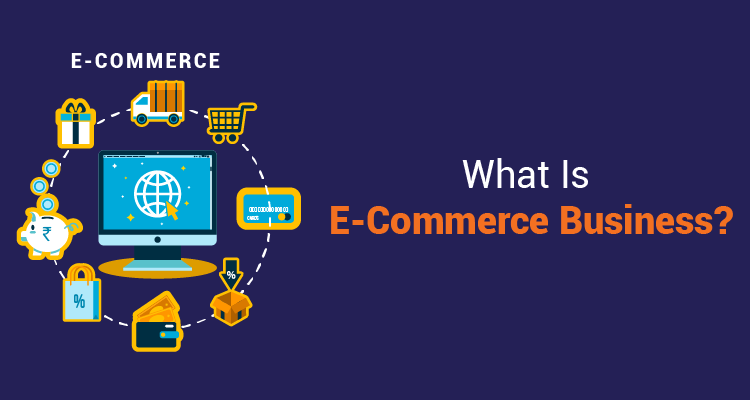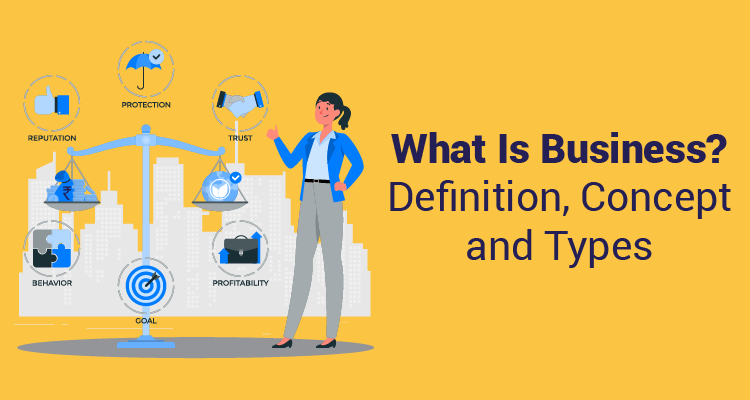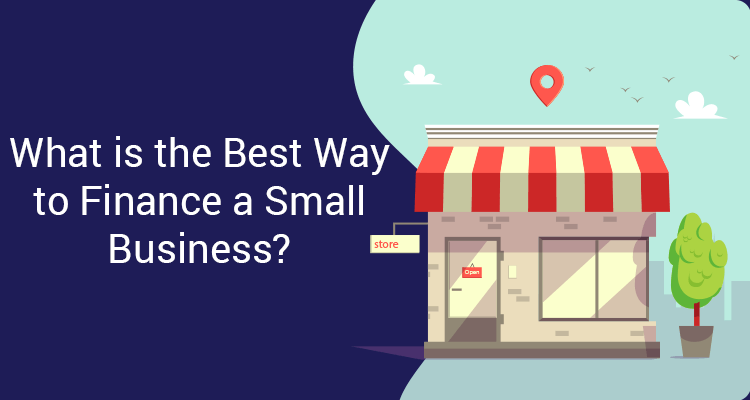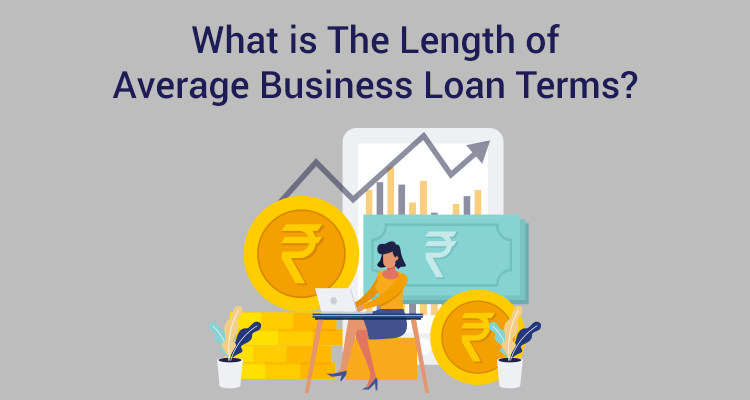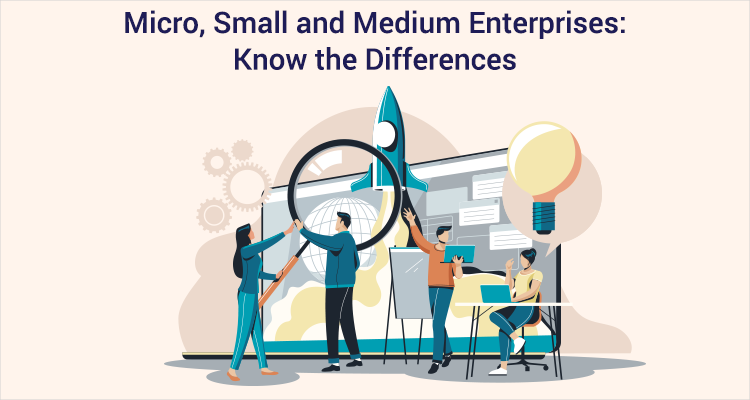What Is E-Commerce Business?
Table of Contents
E-commerce is a market where sellers and buyers make a trade for a product over internet. During the pandemic, e-commerce has bloomed manifold times and India is now the new hotspot for e-commerce bloom. Right from start-ups to small scale companies to market giants, all are capitalizing on the e-commerce industry and making their mark. During pandemic and lockdown, since there was no option of selling the goods physically, everyone resorted to selling their goods online over the internet.
What Is E-Commerce Business?
E-Commerce or electronic commerce is the process of buying and selling products and services over an electronic medium i.e. internet. A buyer selects product(s) from the ones seller who has listed on the website. The buyer makes an online payment after which the product(s) are shipped and delivered to the buyer. E-commerce helps sellers overcome the barriers of distance and time. This results in expansion of the business. Thus some people engage themselves in e-commerce even after having a regular shop.Types Of E-Commerce Businesses
Depending upon your preferences, capital and online business model, there are various e-commerce models to choose from. A few business models for e-commerce are listed below:• B2B – business sell to other business
• B2C – business sell to direct customers
• C2B – customers sell to business
• C2C – consumers sell to other consumers
• B2G – business sell to government or government agencies
• C2G – consumers sell to government or government agencies
• G2B - government or government agencies sell to business
• G2C - government or government agencies sell to consumers
• Affiliate marketing business
• Online auction selling
• Web marketing
How Does E-Commerce Work?
E-commerce works exactly on the same model as a physical retail store. Customers visit the e-commerce store, browse through the products and purchase the items they like. Customers will also make a payment before the e-commerce store ships the product to its destination. Nowadays, many e-commerce websites provide the option of cash on delivery. In such a case, seller ships the product without receiving the payment and payment is collected once it is delivered at the customer’s door-step. The delivery person will then deposit the payment to the seller. Following are the steps in an online shopping from a seller’s view point:• Receiving Orders –
The customer places an order from the products listed on the website or e-commerce platform. The seller makes a note of the order received.• Processing The Order –
The order is processed and the customer makes an online payment through a payment gateway. Payment gateway can be considered as a cash register in an offline shop. Once the payment is made, the order is marked as complete.• Shipping –
This is the last step where the order is packed and shipped. The seller or the ecommerce platform must ensure a faster delivery in order to repeat the customers. The logistics components play a major role here to ensure timely delivery. The seller must also ensure that the order is packed in such a way that it does not get damaged while being shipped.Advantages Of E-Commerce Business
Conducting an online business has some significant advantages. Some of them are listed below:• It has a fewer overhead costs than running a physical store – The overhead costs of running a physical store like rent, paying for utilities and other such expenses are reduced in case you sell your products online.
• Ease of ordering products – With e-commerce as an option, customers can place an order at a time suitable for them. Your customers will also not be bound by geographical limitations. Customers from other cities can also place the orders. Ease of geographical limitations can open the sky for your business to boom.
Sapna aapka. Business Loan Humara.
Apply Now• Compilation of customer data – Selling products online lets the seller capture customer data such as area, emails and buying preferences. The seller can use these insights to promote its products, give discounts and offers to loyal customers and other such activities to promote the business.
• It is pandemic proof – While all the physical stores were forced to close during lockdown, online business like e-commerce were able to operate. Even the shopping preferences of buyers shifted to online shopping. Nowadays, it is necessity for every retailer to be present online to be able to sustain in the market.
Disadvantages Of E-Commerce Business
Though e-commerce has many benefits but it also has some challenges worth taking a note of. Some of the challenges are listed below:• Some people avoid doing online shopping. They still believe in going to a physical store to make a purchase.
• Lacks of face-to-face interaction – Some businesses need a face-to-face interaction. Depending upon the nature of services, products or sale style, e-commerce may not be an ideal place for your business. In case you prefer to connect to your customers through emails or phone calls then it is a good medium to collect the information.
• Technical difficulties – Technical challenges like internet issues, hard drive crash or a delay in the supply can prevent you from making a timely delivery.
• Data security concerns – Data theft, identity theft and credit card frauds are a common data security concerns in an online business. Make sure you have a high security firewalls to prevent any such theft and make sure you share details regarding your privacy policies with the customers.
• Shipping and fulfilment of orders – Till the time your business is a small scale business, it will be very easy for you to track and ship the orders timely. Certain things tend to slip out from your hands as and when your business grows in scale. It will become tough to keep a track of timely shipment of all the orders.
• Customers tend to abandon their carts – Online shopping lets the customers to do window shopping easily with no intention of buying a product. Cart abandonment creates a high impact on online sales.
• There are costs that need to be taken care of – Though there may not be costs as in a physical store but there are certain costs like website hosting / ecommerce platform fees, social media marketing costs, inventory management, and shipping costs. Apart from these you may have to incur costs for taxes and business licenses.
• E-commerce has a tough competition – You may have many competitors who are ready to sell the same product as yours at lower price. Since customers window shop to find better deals and offers, you may face a challenge in selling your product.
• Customers want fast and free shipping – Physical retailers do not have to worry about packaging and shipping. In online business, customers expect a fast delivery so you may have to invest in a good reputed shipping company. Customers also want free delivery which a business may not be able to afford.
Examples Of E-Commerce Business
Following are some of the common e-commerce businesses• Online retail such as Amazon where products are sold directly to the customer
• Wholesale such as Alibaba where products are sold in a wholesale to other businesses
• Dropshipping where another company takes care of the logistics to deliver your products to the customers
• Subscription such as Netflix where automated replenishment of goods and services take place.
• Digital products – this do not deal in selling physical and tangible goods. It deals in selling of products like software. Microsoft is an example of such kind of business.
• Physical products such as Etsy which sells only those products which it makes
• Services such as accounting, healthcare and legal services
Conclusion
E-commerce offers a huge platform to scale up any business beyond its physical boundaries. There are certain challenges which can be taken care of if given a heed properly. In modern times ecommerce has become a vital part of any business. You may choose to have any type of e-commerce business that suits your business requirements. For a start-up, e-commerce is a good place to make its mark before incurring huge costs on a physical store.
E-commerce business funding is one of the most vital factors for an e-commerce company to ensure it is well funded and on the path to success. If you want a low-interest E- Commerce business loan for your company, you can take one from IIFL Finance. The loan interest rate is attractive and affordable to ensure the repayment doesn’t create a financial burden. The business loan offers instant funds up to Rs 30 lakh with a quick disbursal process that credits the loan amount within short time.
Sapna aapka. Business Loan Humara.
Apply NowDisclaimer : The information in this blog is for general purposes only and may change without notice. It does not constitute legal, tax, or financial advice. Readers should seek professional guidance and make decisions at their own discretion. IIFL Finance is not liable for any reliance on this content. Read more
